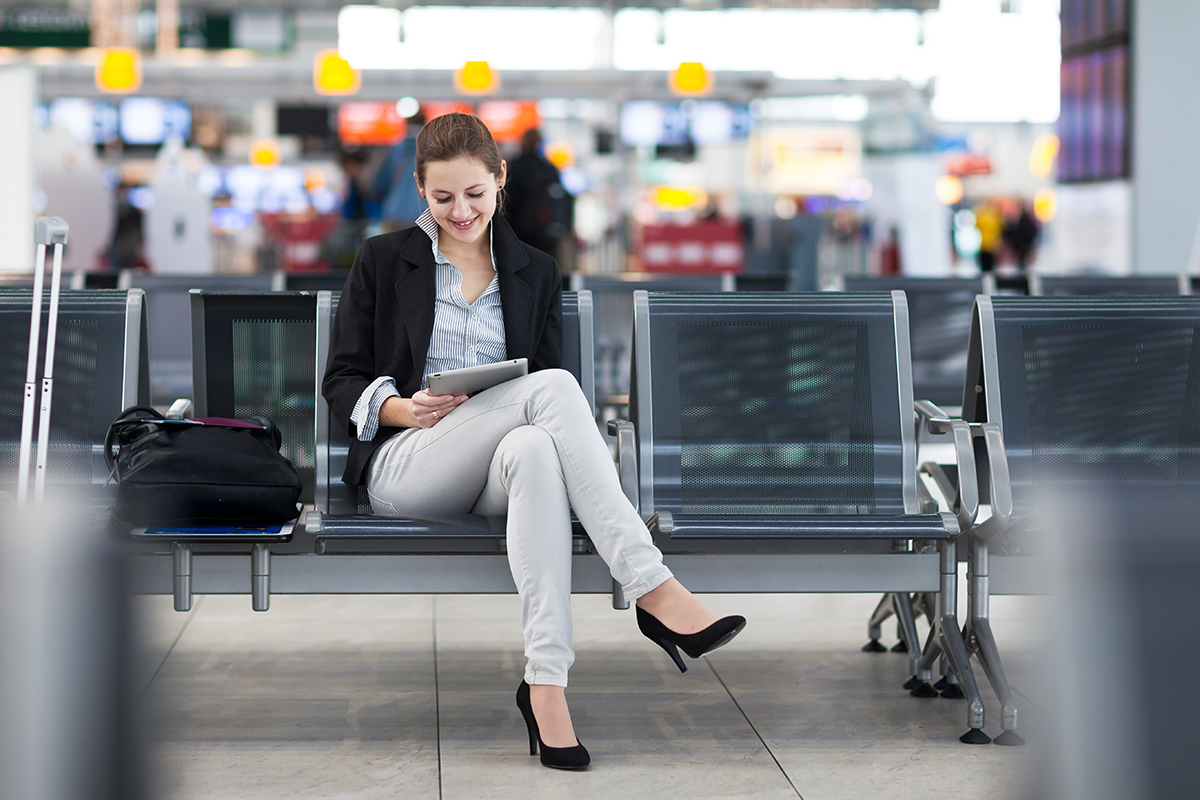Tax Deductible Holidays: What Expenses Can You Claim?
March 19th, 2018
Many of us have to travel for work, and often see it as a great opportunity to tack on a little holiday while we’re there. Whether you’re going away for a quick interstate conference, a trip to visit clients, or extended overseas travel, it’s important to know which expenses you can claim for tax purposes.
Work travel vs holidays
The first thing you need to understand is that you can only claim tax on travel if there’s a direct connection between your employment and the expense. Many business travellers make the mistake of combining a private holiday with their work travel then trying to claim the entire expenditure for the time they’re away.
The Australian Taxation Office (ATO) acknowledges that some components of business travel will be private, however for it to be claimable, it must be incidental to the overall purpose of the travel.
What can I claim?
Knowing what an ‘incidental’ purpose is can be difficult, so here’s a rough guide to help you out:
Airfare
If the primary purpose of your trip is for business purposes or professional development, you may claim 100% of the airfare. This means, even if you spend some of that time away visiting friends and family, as long as the main reason for being there is for business, you’ll be able to claim.
Accommodation
The cost of accommodation is an expense that may be claimed so long as the work related activity that you’re travelling for extends over at least two consecutive days.
Travel, meals and incidentals
Travel such as car hire, train or bus travel, taxis or ubers fares, used on the days you attend work related activities can also be claimed, as well as the meals you eat. However, it’s important to note that the Commissioner may limit the amount claimed for meals to what is reasonable for the relevant year. There’s also no deduction available for visas, passports or travel insurance.
Apportioning costs
Any part of your travel which is for the purpose of private enjoyment cannot be claimed and must be appropriately apportioned. For example, if you add additional days to your trip for private purposes, while you’ll still be able to claim all of the airfare, the cost of accommodation for those days you were enjoying private activities, is not tax deductible. So if you stay in a hotel for 5 nights and 3 of those days you spent doing business related activities, and the other two you spent at the beach, your tax deduction would only apply to the three nights.
Of course, this is only applicable to trips where the main purpose of travel is business. So what happens if there are dual purposes of your trip? If you’re in a situation where you’ve organised to travel somewhere for professional development AND to catch up with relatives who live there, tax law requires proper apportionment for all costs and deductibility will come down to facts. For example, an evening spent with family during your business trip is unlikely to impact deductibility, but staying with relatives for two weeks, during which time you have one or two business meetings, will. In this case, the business costs are considered incidental and minor to your travel and will be harder to claim.
Expensive taste
If you’re a bit of a high flyer and enjoy the finer things in life, this won’t impact your tax deductibility. So if you want to fly business class and stay in five star hotels, then you are fully entitled to. The ATO is only able to determine the tax consequences of what you spend, not how much they think you should’ve spent, therefore you’re able to spend as much as you think is appropriate.
Travelling with spouses
If you’re bringing your spouse or other family members along for the trip, you’ll only be able to claim tax if that person is involved in the business. If you can show they would’ve gone on the trip for the business purpose, regardless of their relationship to you, then you’ll be able to claim. Otherwise, costs incurred for accompanying spouses or other relatives aren’t deductible.
Keeping records
Because there can be a bit of a grey area between what expenses have been incurred for business purposes and what have been for private reasons, it’s crucial that you keep a record of your trip. A good record will include a logbook, copies of correspondence between you and colleagues before, during and after the trip, any communications will travel agents, third party invoices and a travel diary or itinerary, as required under Australian taxation law.
If your employer is paying you a travel allowance and you’re not planning on claiming anything more, you won’t need to keep any receipts if your trip is six days or less. For travel that’s longer than six days, or if you have not received a travel allowance, you will need a travel diary keeping a record of dates, places and people, plus the times and duration of activities.
Time to travel
If you’re about to head off on a business trip, make sure you get yourself a travel diary and are aware of what you can and can’t claim for tax deductions. And if you’re a medical professional looking for more financial advice, check out MEDIQ Financial.

